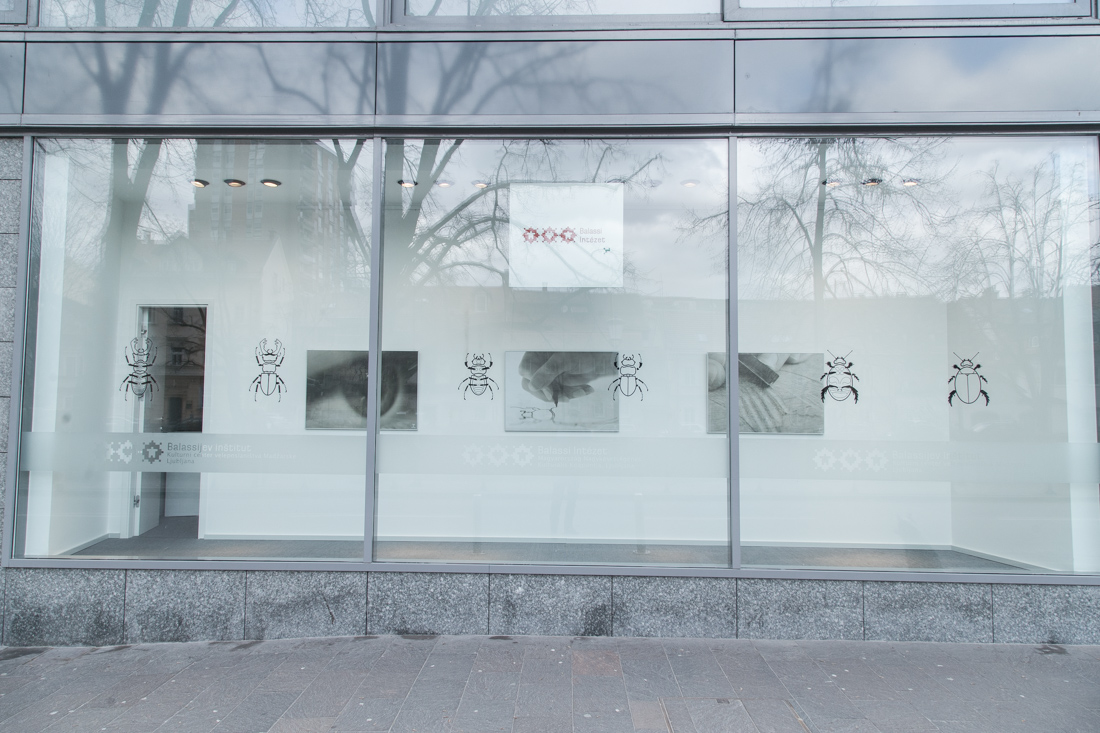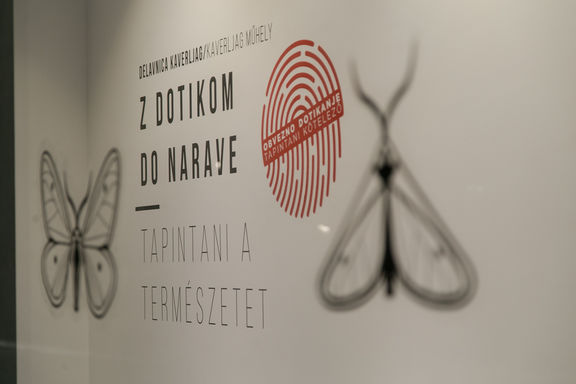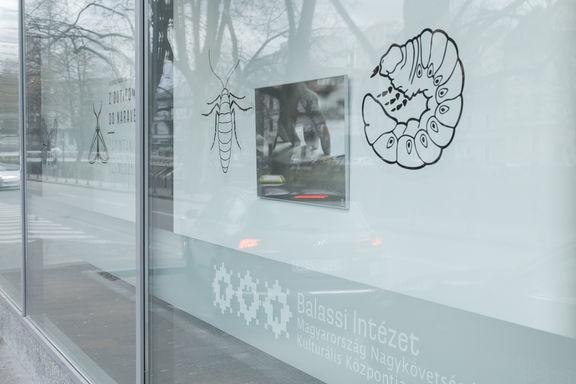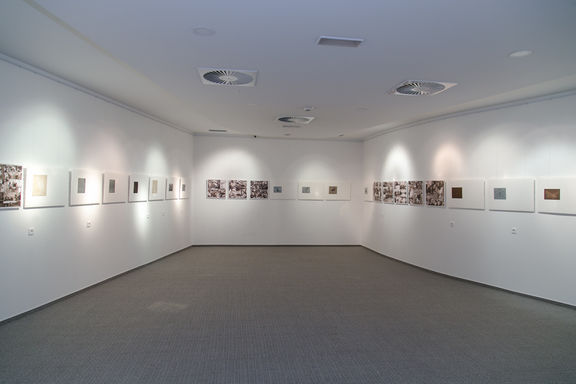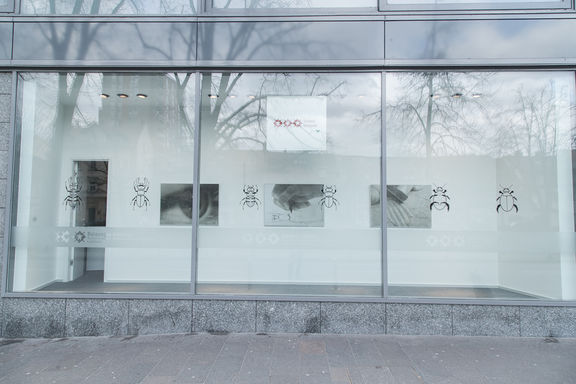Difference between revisions of "Liszt Institute Ljubljana"
(new logo) |
|||
| (One intermediate revision by the same user not shown) | |||
| Line 11: | Line 11: | ||
| telephone = 386 (0) 59 337 900 | | telephone = 386 (0) 59 337 900 | ||
| email = info@lisztovinstitut.si | | email = info@lisztovinstitut.si | ||
| − | | website = https://culture.hu/sl/ljubljana | + | | website = https://culture.hu/sl/ljubljana |
| founded by = Ministry of Culture and Innovation in Hungary | | founded by = Ministry of Culture and Innovation in Hungary | ||
| managed by = Embassy of the Republic of Hungary in Slovenia | | managed by = Embassy of the Republic of Hungary in Slovenia | ||
| Line 34: | Line 34: | ||
The [[Liszt Institute Ljubljana]], the Hungarian Cultural Center of the [[Embassy of the Republic of Hungary in Slovenia]], opened its doors in January [[established::2016]] in Villa Urbana on Barvarska Street in the Ljubljana centre. | The [[Liszt Institute Ljubljana]], the Hungarian Cultural Center of the [[Embassy of the Republic of Hungary in Slovenia]], opened its doors in January [[established::2016]] in Villa Urbana on Barvarska Street in the Ljubljana centre. | ||
| − | The | + | The network of Hungarian cultural centers located in 22 countries worldwide is 80 years old. It was first named after Bálint Balassi (1554–1594), a Renaissance lyric poet, then after Franz Liszt, a famous composer. The Liszt Institute's main aim is to foster strong cultural and diplomatic relations by presenting Hungarian cultural heritage as well as contemporary artistic practice, teach Hungarian language as well as support Hungarian minorities culture. Thus the centre supports cross-border cultural, artistic and scientific projects and organises its own events (round tables, discussions, etc). |
The Liszt Institute in Ljubljana is a member of [[EUNIC Slovenia]], a network of the EU national institutes of culture located in Slovenia. | The Liszt Institute in Ljubljana is a member of [[EUNIC Slovenia]], a network of the EU national institutes of culture located in Slovenia. | ||
| Line 73: | Line 73: | ||
== External links == | == External links == | ||
| − | *[https://culture.hu/sl/ljubljana | + | *[https://culture.hu/sl/ljubljana Liszt Institute Ljubjana website] (in Hungarian and Slovenian) |
*[https://en.wikipedia.org/wiki/B%C3%A1lint_Balassi Bálint Balassi on Wikipedia] | *[https://en.wikipedia.org/wiki/B%C3%A1lint_Balassi Bálint Balassi on Wikipedia] | ||
Latest revision as of 13:49, 15 August 2023
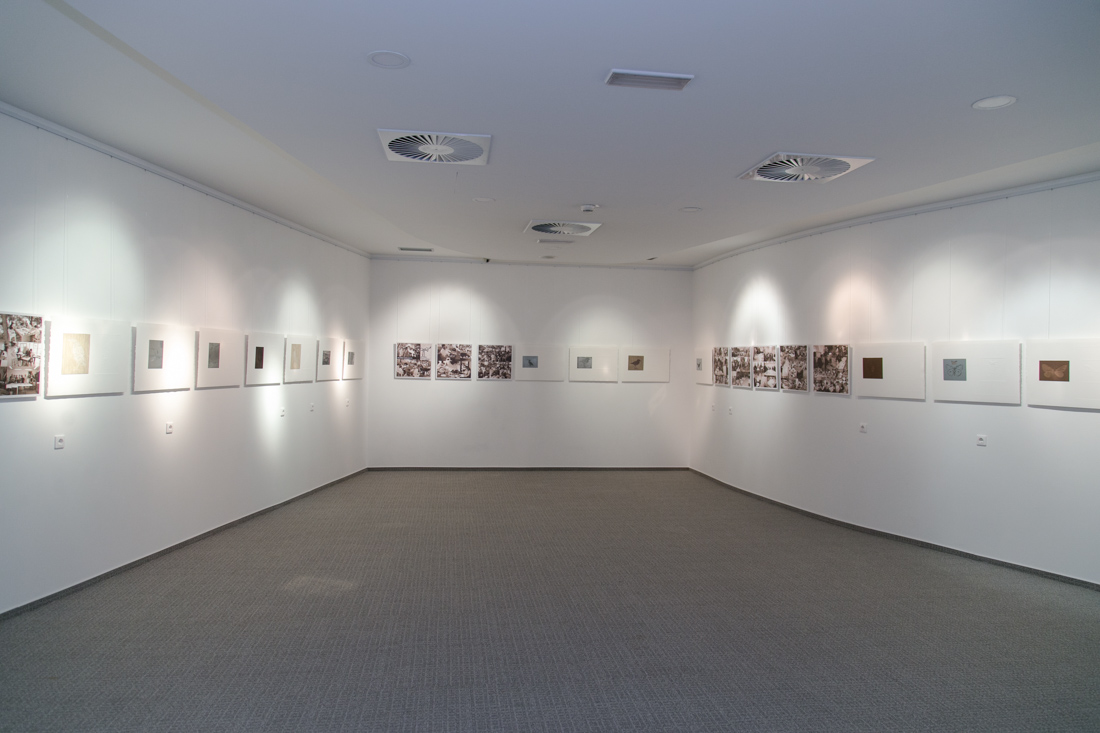
Programme
The programme scheme comprises a film club, literary evenings, exhibition, concerts, children's programme, conferences, debates, and courses in Hungarian language. The center promotes also popular touristic topics such as sports and healthy life style.
Every third Tuesday of the month, there are Hungarian movies screenings and discussions with invited film directors, film critics, and actors. Children can participate in the Children's Film Club (every second Saturday of the month). Usually they watch Hungarian cartoons subtitled in Slovenian. They can also participate in stop motion animation workshops hosted by the Slon (Elephant), Educational Animation Film Programme run by Animateka at Kinodvor Cinema.
The institute organises also music workshops for children aged from 3 to 10 with Hungarian music therapists on every third Saturday.
Literary evenings and roundtables have been organised regularily in 2016 by Marjanca Mihelič, a literary translator, and Aleš Šteger, a writer.
Exhibition venue
The centre has a gallery space and hosts various exhibitions. In the past, the Balassi Institute exhibited works of prominent Hungarian artists, e.g. Vasarely, or Király Ferenc.
In March 2017 the exhibition Touching the Nature took place at the Balassi Institute Ljubljana. It presented the works created during the Kaverljag Summer Workshop, and was co-organised by the students of the Academy MOME (Moholy-Nagy University of Art and Design) in Budapest. The Kaverljag Summer Workshops are dedicated to creating illustrations for the blind and for people with visual impairment.
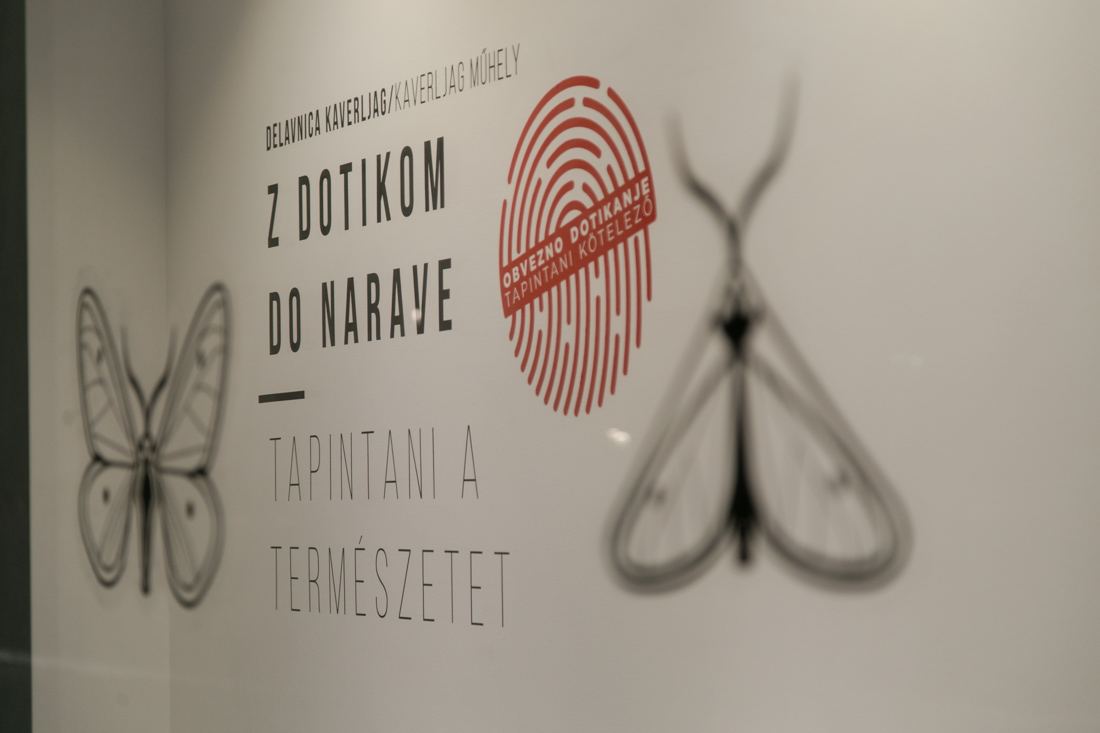
Partnerships
The Liszt Institute has already cooperated with a number of Slovenian partners, facilitating some national or international projects (PhotoMagic), or festivals, for instance International Music Festival Imago Slovenia, Ljubljana International Film Festival (LIFFe), and Animateka International Animated Film Festival.
See also
External links
- Liszt Institute Ljubjana website (in Hungarian and Slovenian)
- Bálint Balassi on Wikipedia




